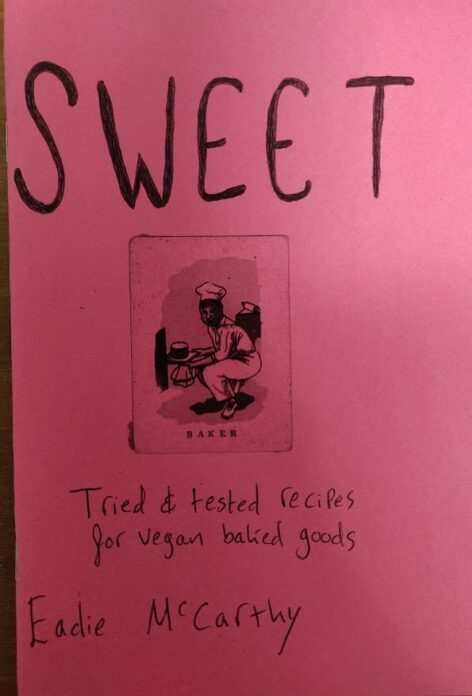Rupturing the Dialectic by Harry Cleaver
£10.02
Rupturing the Dialectic The Struggle against Work, Money, and Financialization by Harry Cleaver
Only 1 left in stock
Description
Since his groundbreaking Reading Capital Politically was first published in 1979, Harry Cleaver has been a central figure for autonomist Marxists seeking practical, political strategies within Marx’s work—as opposed to abstraction and historical inevitability. His work since has shown not only how capitalism seeks to structure every aspect of our lives through and around work but also how we endlessly fight back in ways that reshape capitalism itself. Rupturing the Dialectic brings this project up to the present by interpreting capitalism’s most recent crises, tracing their causes, and demonstrating how ordinary people can, and do, rupture the smooth functioning of the system that exploits them.
“In this timely and long-awaited book, Harry Cleaver illuminates Marx’s categories of class struggle and sharpens our critical understanding of contemporary processes of financialization. Harry never loses focus on two grounding aspects of our lives in common: the struggle against capital’s imposition of work, and the creation of non-commodified alternatives… Read this book and add it to the fundamental toolbox of radical commoners.” —Massimo De Angelis, author of The Beginning of History: Value Struggles and Global Capital
“Harry Cleaver does battle divine against capitalism. His sword and shield are Less Work and More Time. He rides into battle mounted on a thoroughbred of theory. He carries a banner proclaiming what we— students, housewives, farmers, workers of office, shop, and mine—have already done as we do diligently our parts against the demon. He blows a golden horn summoning us to assemble and to cash in our chits for mutual aid. Here is Marxist interpretation we can use. Now, on with the practices!” —Peter Linebaugh, author of The Magna Carta Manifesto: Liberties and Commons for All
“In the midst of a crisis-inspired revival of interest in Marx’s work, especially the labor theory of value, comes Harry Cleaver’s Rupturing the Dialectic. It is a major step beyond Cleaver’s now classic text, Reading Capital Politically. By boldly displaying the lineaments of the class struggle in Capital’s monetary categories, he charts a way out of capitalism. A remarkable performance by a leading scholar-activist. Don’t miss it.” —George Caffentzis, author of In Letters of Blood and Fire: Work, Machines, and the Crisis of Capitalism
“Rupturing the Dialectic rejects the quietism inherent in all economistic approaches to the current crises within capitalism, and furnishes working people with a clear, concrete, sensible program for how to move forward. This is a fine book, and it is one from which activists will greatly benefit.” —David Sherman, author of Sartre and Adorno
“Cleaver’s theory of the value of labor to capital, explanation of money as a critical mediator of class conflicts and discussion of strategies for resistance and transformation are remarkable. Rupturing the Dialectic offers emancipating ways to understand everyday life and financial crises in capitalism today.” —Anitra Nelson, author of Marx’s Concept of Money
“Rupturing the Dialectic shows us how we may use Marx’s labor theory of value to resist the subordination of our lives to labor. Cleaver’s incisive analysis offers the prospect getting beyond the capitalist dialectic rather than merely idealizing it.” —Brett Caraway, University of Toronto
Harry Cleaver was a university professor for three decades, before retiring in 2012. His book Reading Capital Politically has been republished in seven languages and ten countries.
Table of Contents
Preface
Introduction
Three Theses on Financial Crises
Part I: On the Usefulness of Marx’s Labor Theory of Value
Why and How Economists Got Rid of the Labor Theory of Value
Why and How Some Marxists Abandoned the Labor Theory of Value
The Substance of Value: Abstract Labor or Work as Social Control
Can Value be Measured?
Exchange and Money as the Form of Value
Part II: Decoding Finance, Financial Crisis, and Financialization
Decoding Finance and Financial Crisis
Decoding Financialization
Part III: Potential Strategies and Tactics for Rupturing the Dialectics of Money
Reforms and Revolution
Our Use of Money
Restricting the Need for Money
Conclusion
Bibliography
Index





